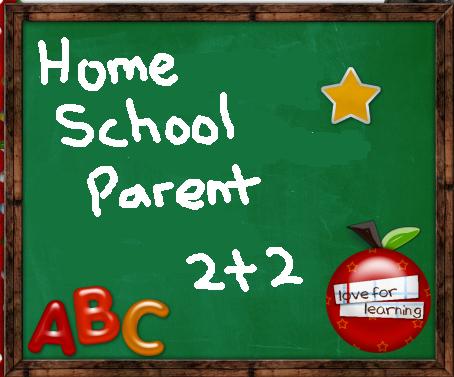A trip to the grocery store may seem mundane, but it can actually offer a world of learning opportunities!
Money and Purchasing:
- Practice money skills while waiting in line.
- Ask your child to identify or imitate the names of the coins and dollars.
- Ask your child to identify the values of each coin.
- Count the coins/dollars.
- Add it up. Take a look at your shopping list. As you place items in your cart, ask your child to add up the prices.
- Percentages - if a certain brand of cookies is 25% off, and a box of those cookies costs $3.99, how much will the cookies cost after the discount?
- Show your child the unit pricing labels on various items. Help them learn to compare prices using these tags. Ask your child, "Which size container is the better deal? Why?" Discuss the sale items too. What does "Buy one, get one free" mean? If frozen peas are 10 for $10, how much would four bags cost?
1. In the produce section of the store, explain to your child that what you pay for fruit and vegetables is often based on the quantity you buy and what it weighs—that produce is usually sold for a certain amount per pound. Let your child know that pounds are divided into smaller parts called ounces, and it takes 16 ounces to make one pound. Show your child how to use the scale that is used to weigh produce.
- Gather the produce you want to buy and ask your child to weigh a few items. Then have them estimate the weight of another item before they weigh it. If you need one pound of tomatoes, ask your child to place several tomatoes on the scale and then estimate how many they will have to add or take away to make one pound.
- Let your child choose two pieces of fruit, such as oranges. Have them hold one piece in each hand and guess which weighs more. Then have them use the scale to see if their prediction was right.
- Ask your child questions such as the following to encourage them to think about measurement and estimation:
- Will six apples weigh more or less than six oranges?
- Which has more potatoes, a pound of big ones or a pound of little ones?

No comments:
Post a Comment
I love to hear what you have to say! Thank you for the comments!